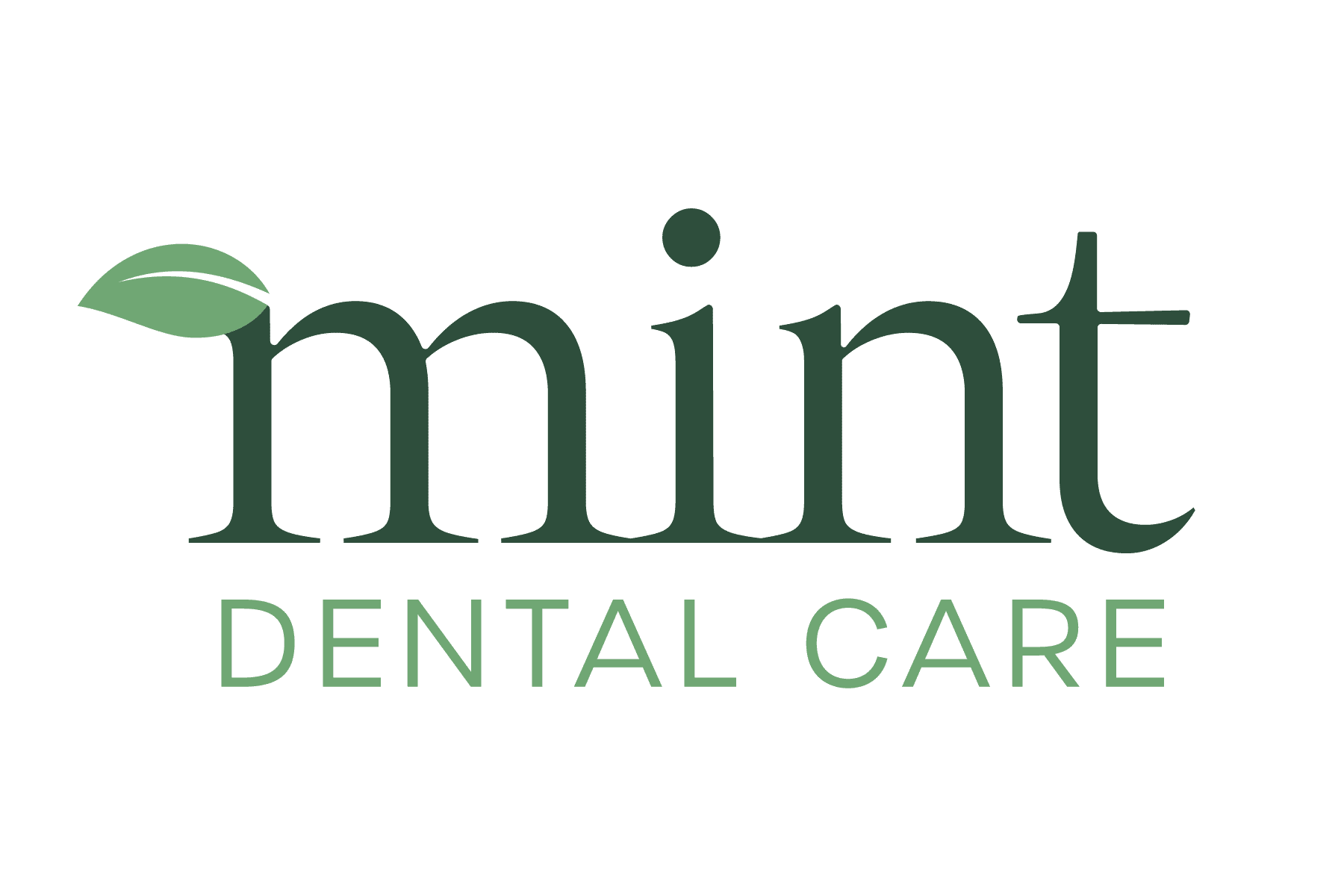Sleep apnea is more than just snoring—it’s a condition that interrupts your breathing and robs you of deep, restful sleep. Over time, it can leave you drained, unfocused, and struggling with your health. At Mint Dental Care in Twin Falls, ID, we offer solutions that help you breathe easier and enjoy healthier nights. Call today to schedule your consultation and take the first step toward better sleep.
What Is Sleep Apnea?
Sleep apnea occurs when breathing pauses throughout the night, preventing your body from getting enough oxygen. These interruptions affect your sleep cycle and leave you feeling exhausted, no matter how long you were in bed. Left untreated, it can impact your overall health.
- Breathing interruptions: Pauses in airflow that may happen dozens of times each night, often without you even realizing it.
- Disrupted rest: Frequent awakenings prevent you from reaching the deep sleep your body needs to recover.
- Long-term effects: Ongoing oxygen loss can lead to headaches, daytime drowsiness, and reduced quality of life.
Types Of Sleep Apnea
There are different types of sleep apnea, and each has its own cause and treatment needs. Identifying the right type is important for choosing the most effective solution. With a clear diagnosis, treatment becomes much more successful.
- Obstructive sleep apnea: Caused when throat muscles relax and block airflow, often linked to loud snoring or gasping.
- Central sleep apnea: Results from the brain failing to send the correct signals to breathing muscles, less common but still serious.
- Complex sleep apnea: A combination of obstructive and central sleep apnea, requiring careful diagnosis and tailored care.
Symptoms Of Sleep Apnea
The symptoms of sleep apnea can be obvious at night or noticeable during the day. While snoring is common, the condition can also cause fatigue, trouble concentrating, and irritability. Recognizing these signs early makes it easier to get help.
- Loud snoring: Often disruptive enough that partners or family members notice it first.
- Daytime fatigue: Struggling to stay awake while driving, working, or watching TV despite sleeping for hours.
- Difficulty concentrating: Forgetting simple tasks or losing focus during important conversations.
- Mood changes: Feeling irritable, anxious, or down because of constant poor-quality sleep.
Diagnosing Sleep Apnea
Getting a proper diagnosis is the first step toward better sleep. Your dental care provider may use a mix of evaluations, sleep studies, and at-home testing to confirm the condition. With accurate results, your treatment can be tailored to your needs.
- In-office evaluation: Discussion about symptoms, sleep patterns, and medical history to spot red flags.
- Sleep studies: Overnight monitoring that records breathing, oxygen levels, and sleep stages for a clear picture.
- Home testing kits: Portable devices that let you record your breathing at home, offering a more comfortable option for many patients.
Risk Factors For Sleep Apnea
Several factors increase your chances of developing sleep apnea. Some are related to age or gender, while others are tied to lifestyle choices. Knowing your risks helps you take action sooner.
- Excess weight: Extra tissue in the throat can block airways while sleeping.
- Age: More common in adults over 40, though younger people can be affected too.
- Gender: Men face higher risks, but women often develop sleep apnea after menopause.
- Lifestyle choices: Habits such as smoking or evening alcohol can make snoring and airway collapse worse.
Health Risks Of Untreated Sleep Apnea
Sleep apnea can do more than make you feel tired. Without treatment, it raises the risk of serious health conditions that affect both your body and your mind. Taking steps now can prevent long-term damage.
- Heart health: Untreated apnea is linked to high blood pressure, irregular heartbeat, and greater risk of stroke.
- Metabolism: Oxygen interruptions affect blood sugar, increasing the chance of type 2 diabetes.
- Cognitive function: Patients may experience memory problems, slower reaction times, and even a higher risk of accidents.
Sleep Apnea Treatment
The good news is that effective treatments can restore your rest and protect your health. Care plans are customized to match your lifestyle and condition, making them easier to follow. With the right approach, you can look forward to better nights and more productive days.
- Customized care: Plans may include lifestyle changes, oral appliances, or referrals for advanced care depending on your needs.
- Comfortable therapies: Many patients benefit from simple, easy-to-use options that don’t involve bulky machines.
- Improved daily life: Better sleep often means sharper focus, better mood, and more energy.
Oral Appliance Therapy
Oral appliance therapy offers a simple way to treat many cases of sleep apnea. These devices gently move the jaw forward to keep the airway open at night. They’re an excellent choice for patients who find CPAP machines uncomfortable.
- Custom-fitted appliances: Tailored to your mouth for maximum comfort and effectiveness.
- Travel-friendly: Small enough to pack in a pocket or overnight bag, making them convenient for busy lifestyles.
- Simple to use: Worn like a mouthguard and maintained with basic cleaning.
- Reliable results: Many patients notice reduced snoring and fewer breathing interruptions, improving sleep for them and their partners.
Breathe & Sleep Deeper,
Smile & Live Brighter
Sleep apnea affects more than your rest—it touches your health, your energy, and even your relationships. With modern treatments, you can reclaim your nights and feel like yourself again. At Mint Dental Care in Twin Falls, ID, Dr. Funk provides trusted solutions designed to improve your sleep and your life. Contact us today to schedule your appointment and start your journey toward healthier nights and brighter mornings.
